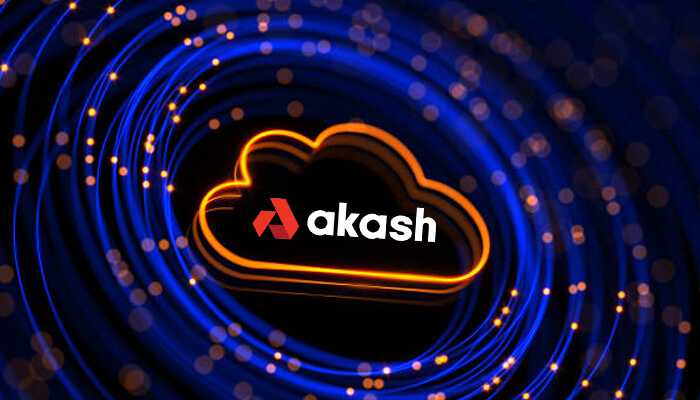The Akash Networks are shaking up the cloud computing world with its decentralized approach, powered by the AKT token. Unlike traditional cloud providers that keep everything under lock and key, Akash offers a more open, flexible, and cost-effective solution. But what makes this new model so game-changing, and why is AKT the secret sauce? Let’s dive into the future of cloud technology. Delve into decentralized technologies with Quantum Voxis where traders learn from pioneers in blockchain education.
Understanding AKT: The Fuel of Akash Network’s Ecosystem
AKT isn’t just a fancy name; it’s the lifeblood of the Akash Network. So, what exactly is AKT, and why should anyone care? Think of it like a token you use at an arcade. You exchange your money for tokens, and these tokens let you play games. Similarly, AKT tokens allow users to engage with the Akash Network. But here’s the twist—unlike arcade tokens, AKT has real-world value.
AKT isn’t just about transactions, though. It’s also a tool for governance. Imagine being a shareholder in a company where your tokens act like votes. The more AKT you hold, the more say you have in the network’s decisions.
It’s like being part of a giant, decentralized club where everyone gets a voice. The idea is simple but powerful: people who invest in the network get to shape its future.
Now, let’s talk numbers. AKT has a capped supply, meaning there won’t be an endless flood of new tokens. This scarcity can drive value up over time, much like rare baseball cards or limited-edition sneakers.
Wondering if this is a good investment? Well, that’s where you’ll need to do some homework. Look at market trends, read up on expert opinions, and maybe even talk to a financial advisor. The decentralized world is still new and exciting, but it’s always good to tread carefully.
The Technical Architecture of Akash Network: A Dive into Decentralization
Ever wondered what makes Akash Network tick? It’s not magic, even though it might seem like it. At its core, the Akash Network is built on a decentralized architecture. Instead of relying on a single company to provide cloud services, Akash uses a network of providers.
Think of it like a farmer’s market compared to a supermarket. Instead of one large entity controlling everything, multiple vendors offer their goods, fostering competition and choice.
How does this work in the cloud space? The Akash Network connects those who need computing power with those who have extra to spare. Users can rent out unused server capacity from data centers, much like Airbnb allows homeowners to rent out their spare rooms. This decentralized approach not only cuts costs but also improves efficiency. No more monopolies charging an arm and a leg for cloud services.
Security is a big deal here, too. With a decentralized network, there’s no single point of failure. If one server goes down, the rest keep the network running smoothly. Imagine if only one coffee shop in town sold lattes—if it closed, everyone would be out of luck.
But with multiple options, life goes on smoothly. That’s the advantage of Akash’s decentralized model. But, as with any technology, it’s smart to stay informed and cautious. Always keep an eye out for potential risks and keep asking questions.
Decentralized Cloud vs. Traditional Cloud: The New Paradigm Shift
Why should anyone care about decentralized cloud computing? Is it just another tech buzzword, or is there more to the story? Let’s break it down. Traditional cloud computing has served us well, but it has its flaws.
Think of it like a one-size-fits-all t-shirt. It works for some, but not for everyone. Big cloud providers like Amazon or Google control a huge chunk of the market, which means they set the prices, and we, the users, are at their mercy.
Now, let’s flip the script with decentralized cloud computing. Instead of a few big players, we have a whole bunch of smaller ones. This setup promotes competition, which can lower costs and improve service quality.
It’s like having multiple ice cream shops in town, each trying to win over customers by offering better flavors or lower prices. Who wouldn’t want more options and better deals?
Then there’s the privacy angle. Traditional clouds store data in centralized locations, which can be targets for hackers. Decentralized systems spread data across various nodes, making it harder for any single breach to cause chaos.
Ever thought about where your data really goes when you store it online? With a decentralized cloud, your data is less likely to be exposed to prying eyes.
But remember, new technology always comes with its set of challenges. So, keep your curiosity alive, do your research, and maybe even talk to some tech-savvy friends to see what they think about this shift.
Conclusion
Akash Network and its AKT token are setting the stage for a new era in cloud computing. With decentralization at its core, it promises greater security, lower costs, and more freedom for users. But as with any innovation, there’s more to explore and understand. Could this be the future of cloud technology? Only time—and research—will tell.




